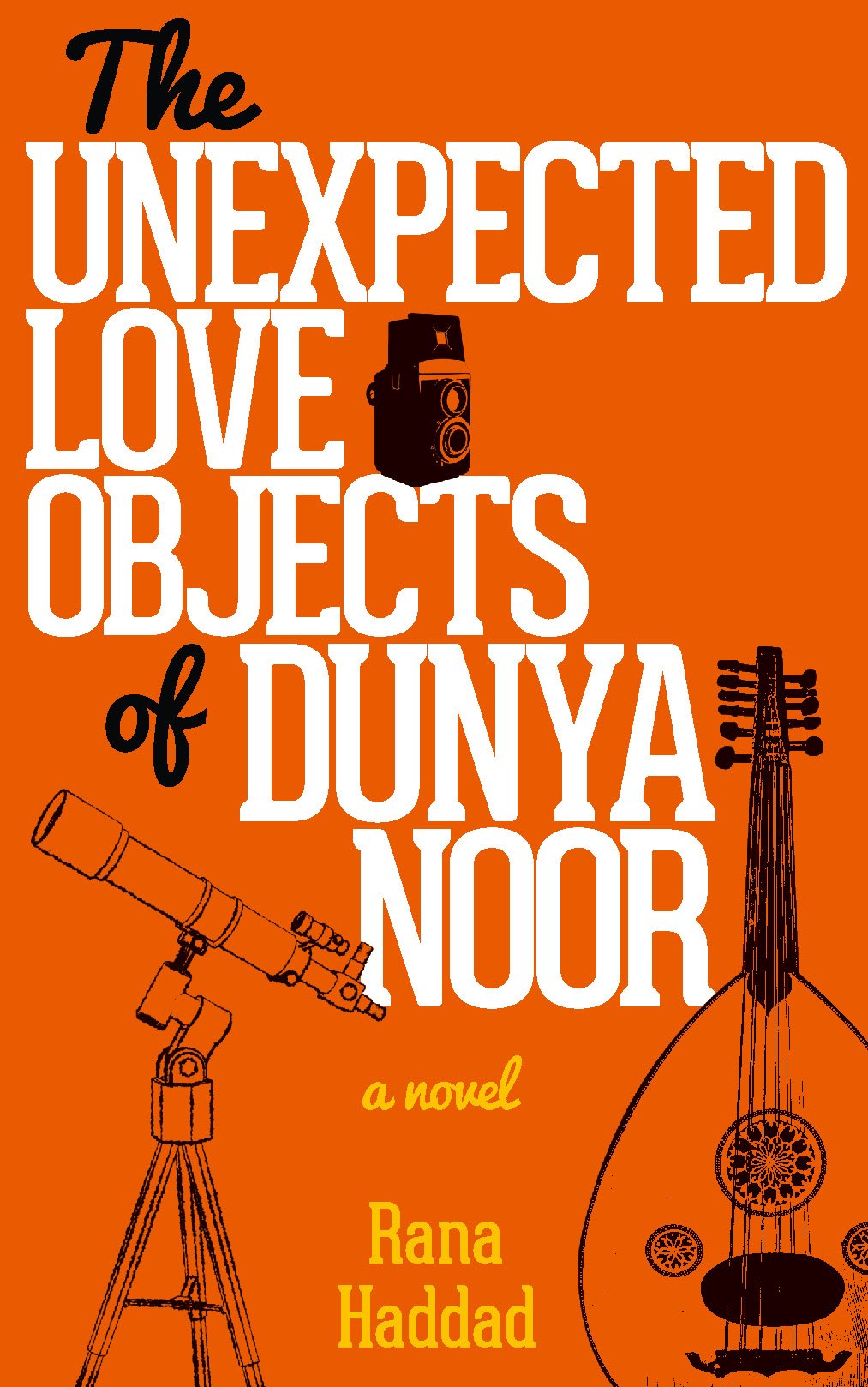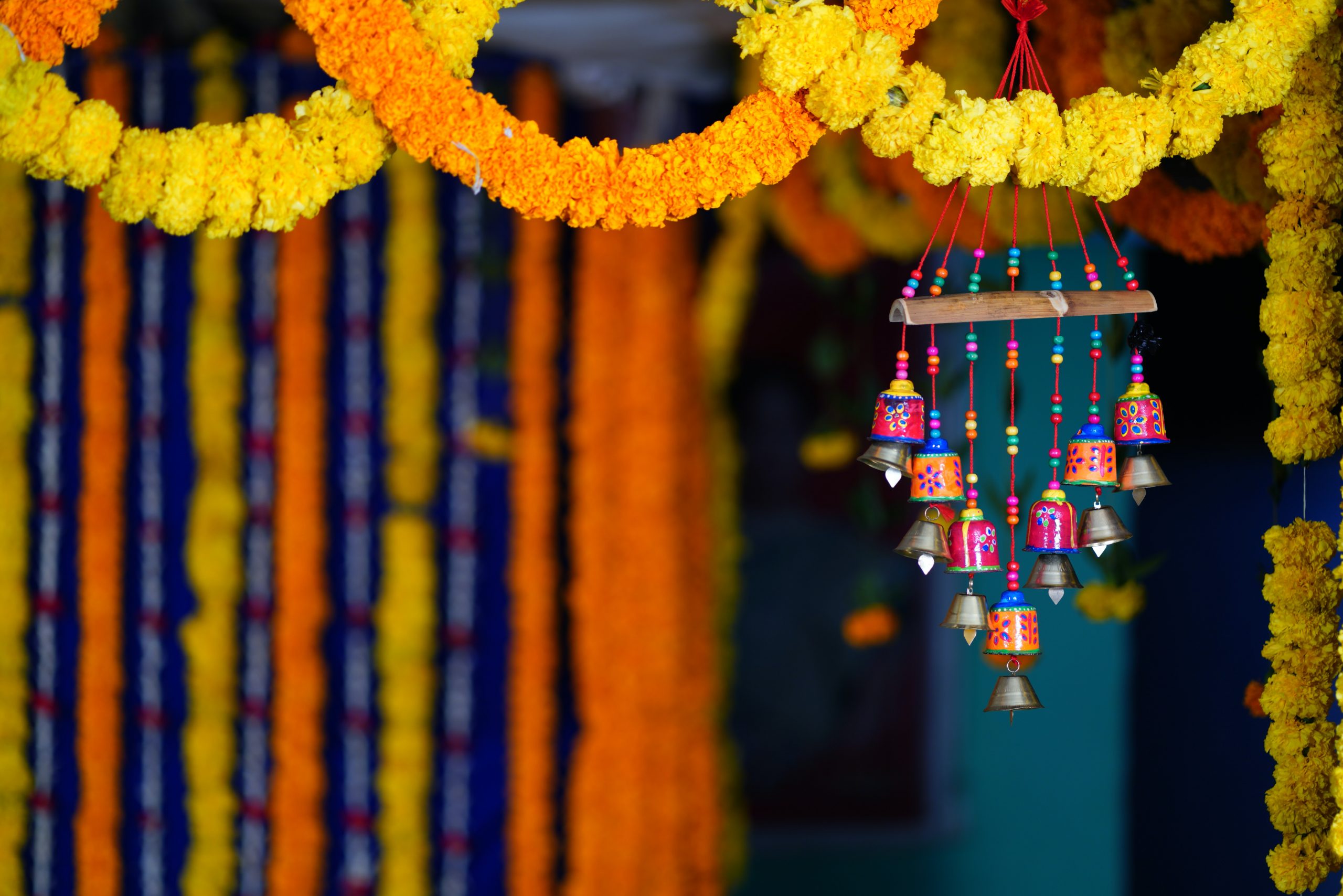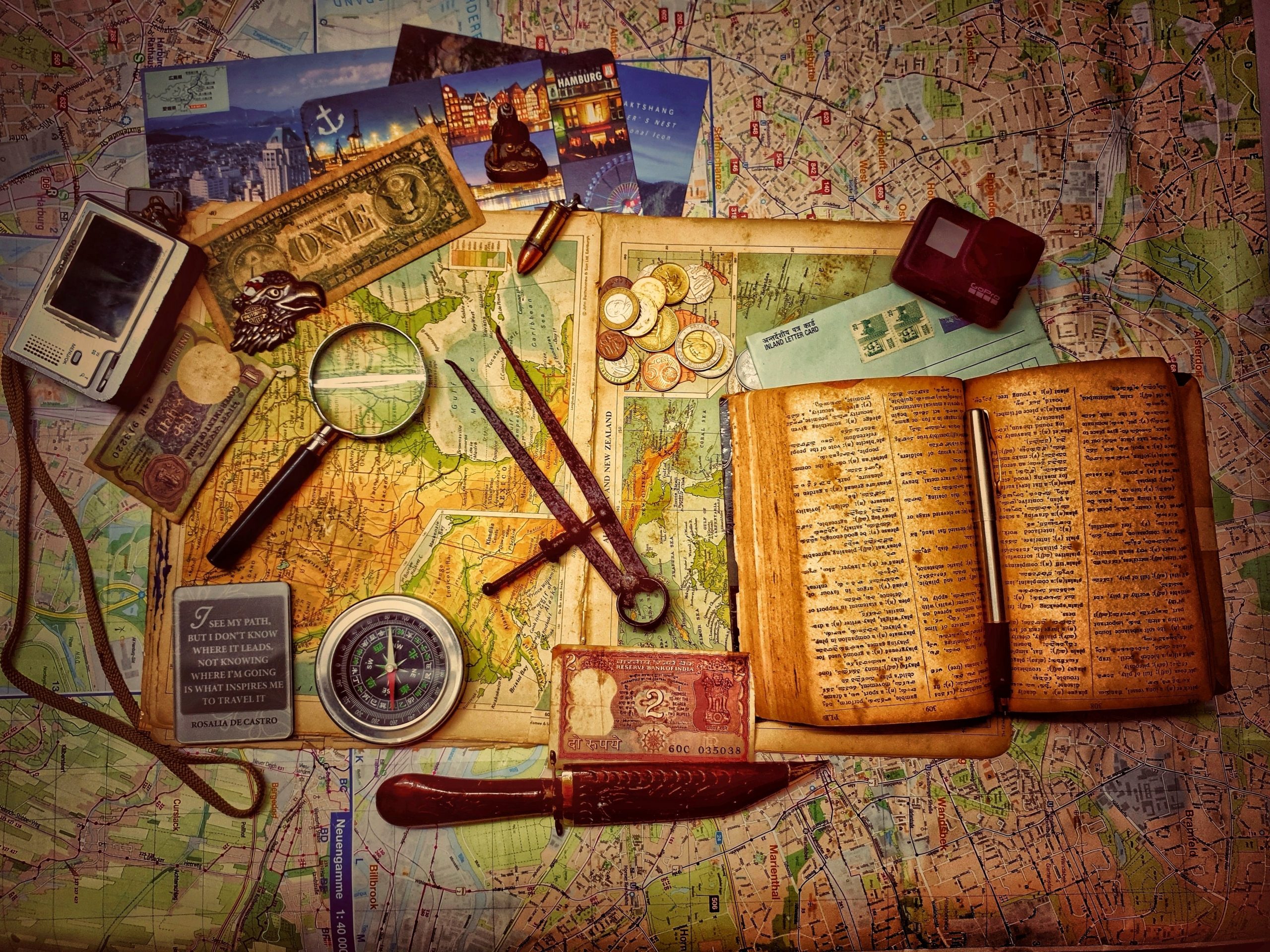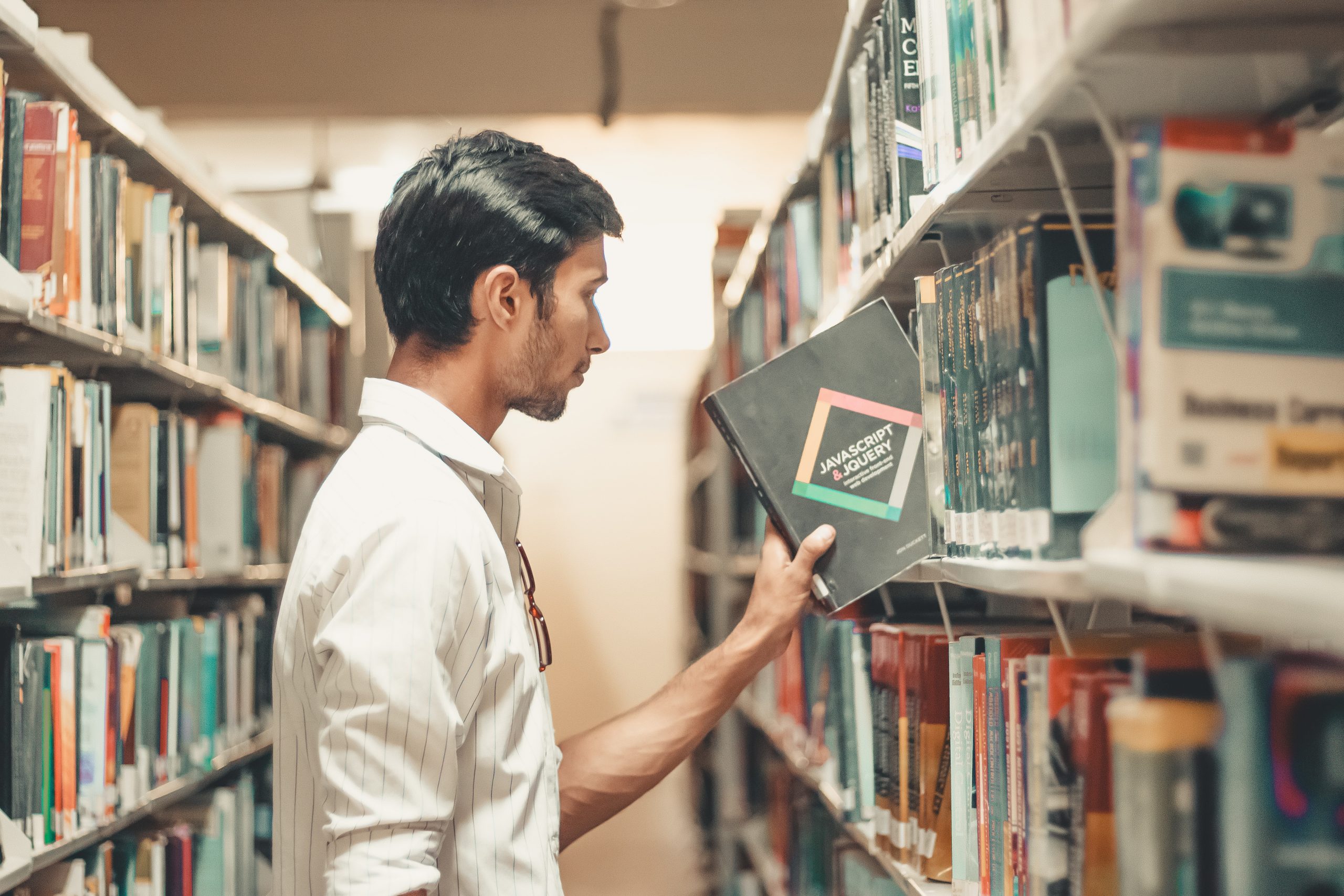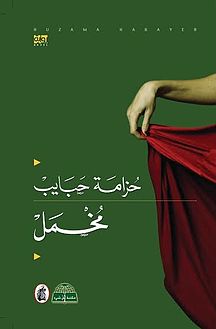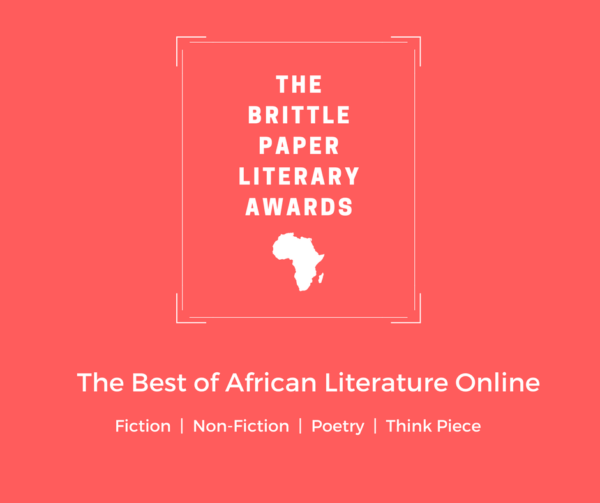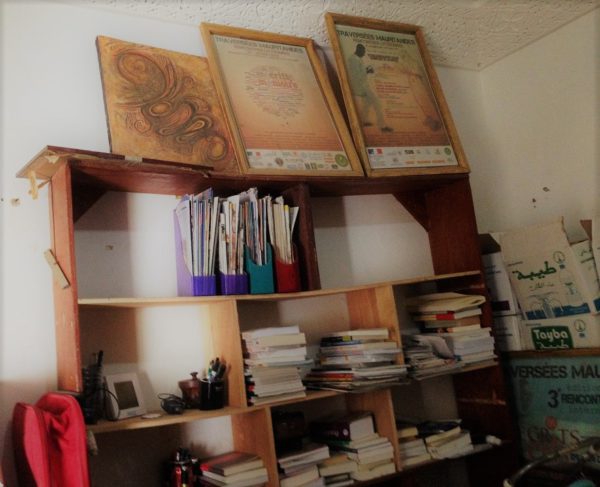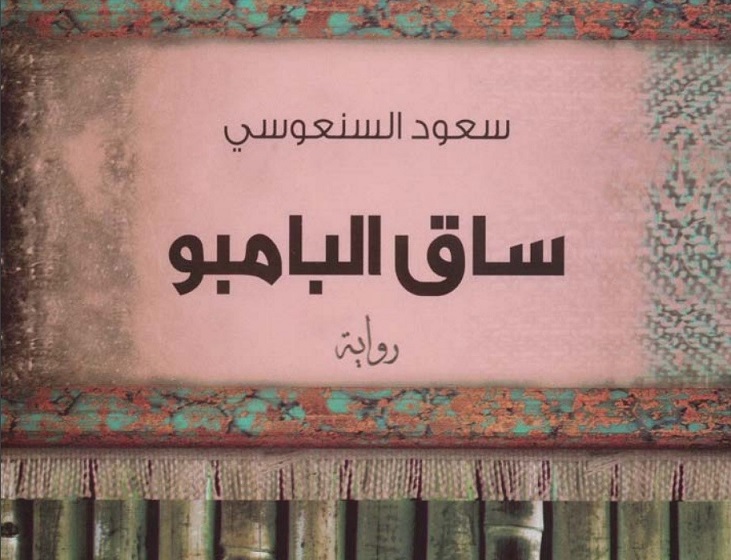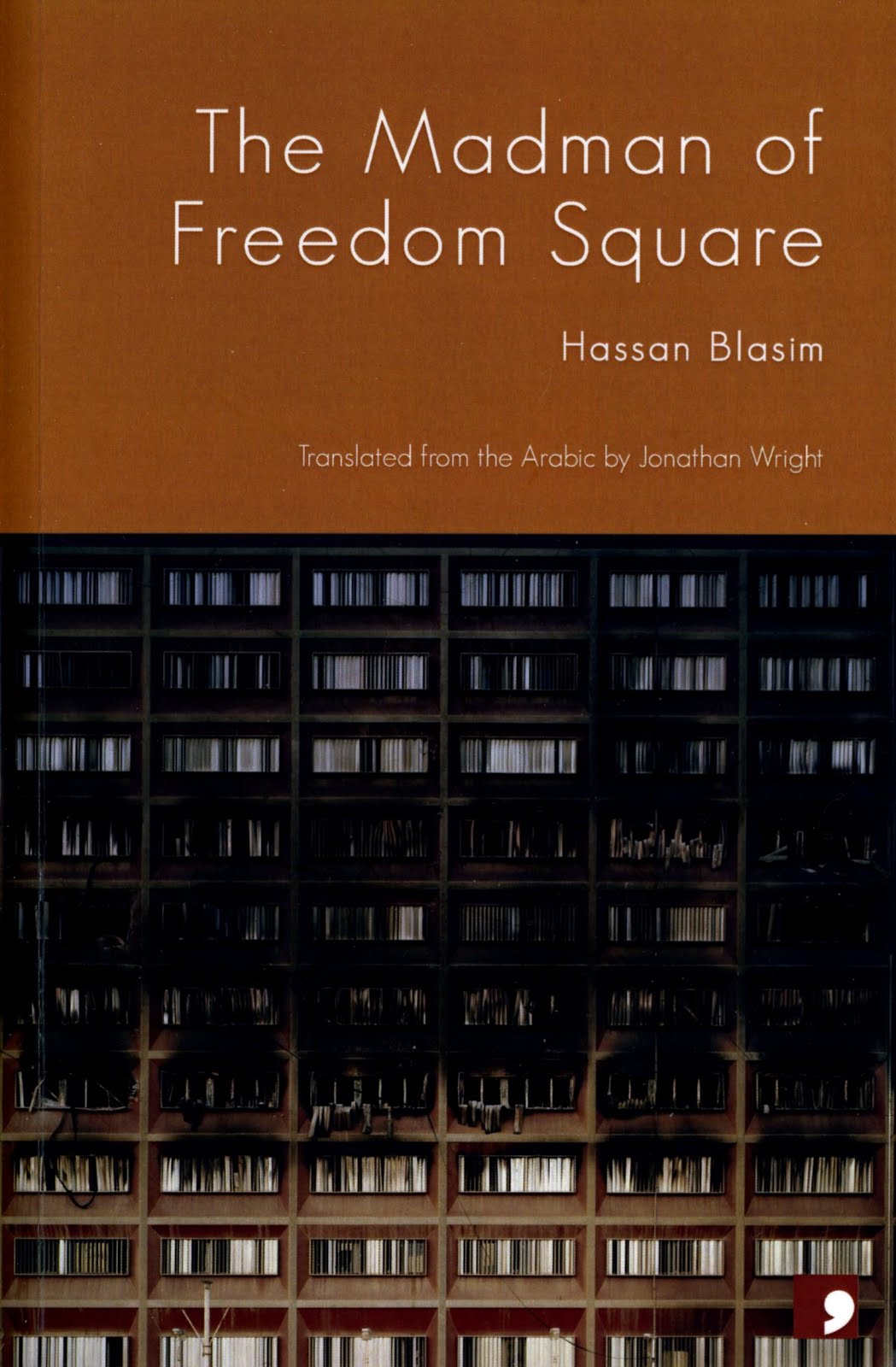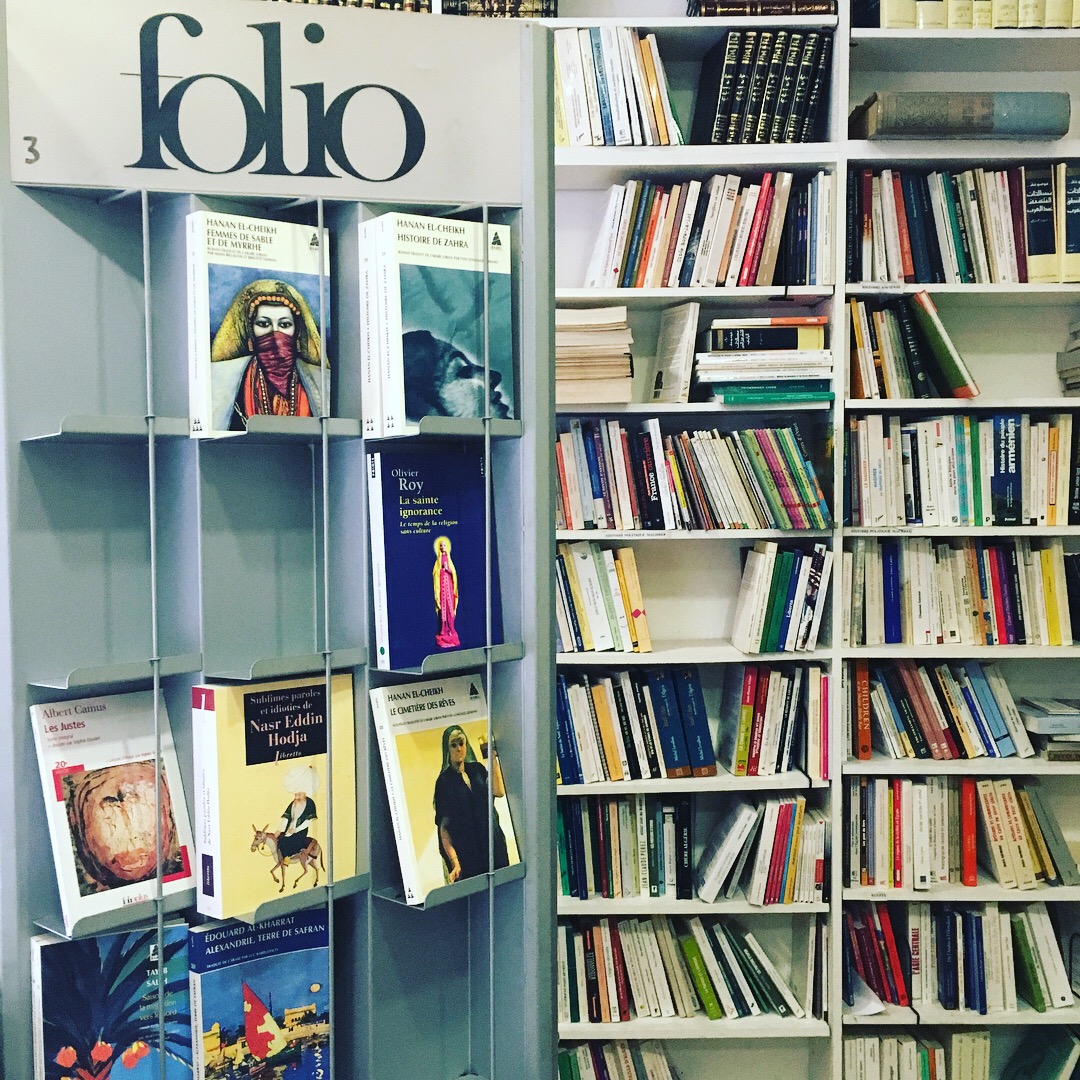.
MULOSIGE’s Readings from the Maghreb seek to display the linguistic and cultural plurality and heterogeneity of the Maghreb; perceiving the Maghreb as being in constant dialogue with these two regions as well as other adjacent regions, particularly Muslim West Africa (‘The Islamic West’ as it is often referred to). The Maghreb has been studied either as an extension of the Arabic Middle East, following a colonial modality that presumes the region follows in the footsteps of the Mashreq’s intellectual and cultural history (while always trailing ‘behind’), or as the periphery which passively received and imitated the ‘centre’ i.e. colonial powers’ cultural and literary genres, theories and models. Although the Maghreb has strong links and affiliations with both contexts, the region’s own historical and cultural particularity and ethno-linguistic diversity, as well as its geographical location at the crossroads of Africa, the Middle East, the Iberian peninsula, Europe and the Mediterranean basin demand an approach that can offer an understanding of the cultural forms and patterns of circulation that emerge in literary and cultural exchanges unmediated by the Mashreq and Europe.
The linguistic and cultural diversity of the Maghreb and the politics of language and culture remain largely understudied. This multilingual region includes vernacular languages such as Darija (spoken Maghrebi dialects), Tamazight (the language of the indigenous population of the Maghreb) Judeo-Arabic, Judeo-Berber, and Judeo-Spanish which have cohabited with Fusha (standard Arabic used in print culture, media, and religious affairs, i.e. the modernised form of classical or Qur’anic Arabic). These languages have all shaped the oral and written cultures of the Maghreb. MULOSIGE aims to study the Maghreb as a pluralistic geo-political space, a conceptual constellation marked by a long history of multilingualism that calls for a new understanding of the cultural forms and patterns of circulation that have emerged in the region and its wider significant geographies from well before the arrival of the colonial powers, as well as during and after the colonial period.
Ibn Battuta’s legacy brought to life in Tangier festival
Earlier this month the city of Tangier hosted a
Celebrating Online African Literature with The Brittle Paper Literary Awards
'Brittle Paper' founder Dr. Ainehi Edoro talks to Sana Goyal about how recognizing and promoting African literature online can fill in gaps left by traditional literary outlets and their gatekeepers.
English is an African Language- the Language of Coexistence
Mauritanian writer Mohmed Bouya Bamba argues that English has practical advantages for interethnic and intercountry communication in Africa, so Africans should reclaim the language instead of waging a futile ideological war
Fictional translation in ‘Sāq al-bāmbū’ is erased in ‘The Bamboo Stalk’
Kuwaiti novel 'Saq al-Bambu' is presented as a text translated from Tagalog even though it was originally written in Arabic- however, the English translation completely erases the fictional translation aspect.
Hassan Blasim’s Refugee Narratives: Travelling Between Fact and Fiction
As ‘kan ya makan’ implies, Blasim’s stories are and they are not: they impress upon readers the porous boundaries between fact and fiction, particularly at a juncture when tales of migration are gaining political and literary attention
Exploring Arabic Literature in Paris
Paris seems to come up again and again in Arabic literature. Considering its history, and the presence of a large Arabic-speaking diaspora in France, it is perhaps unsurprising that Paris is an incredible destination for readers of Arabic


